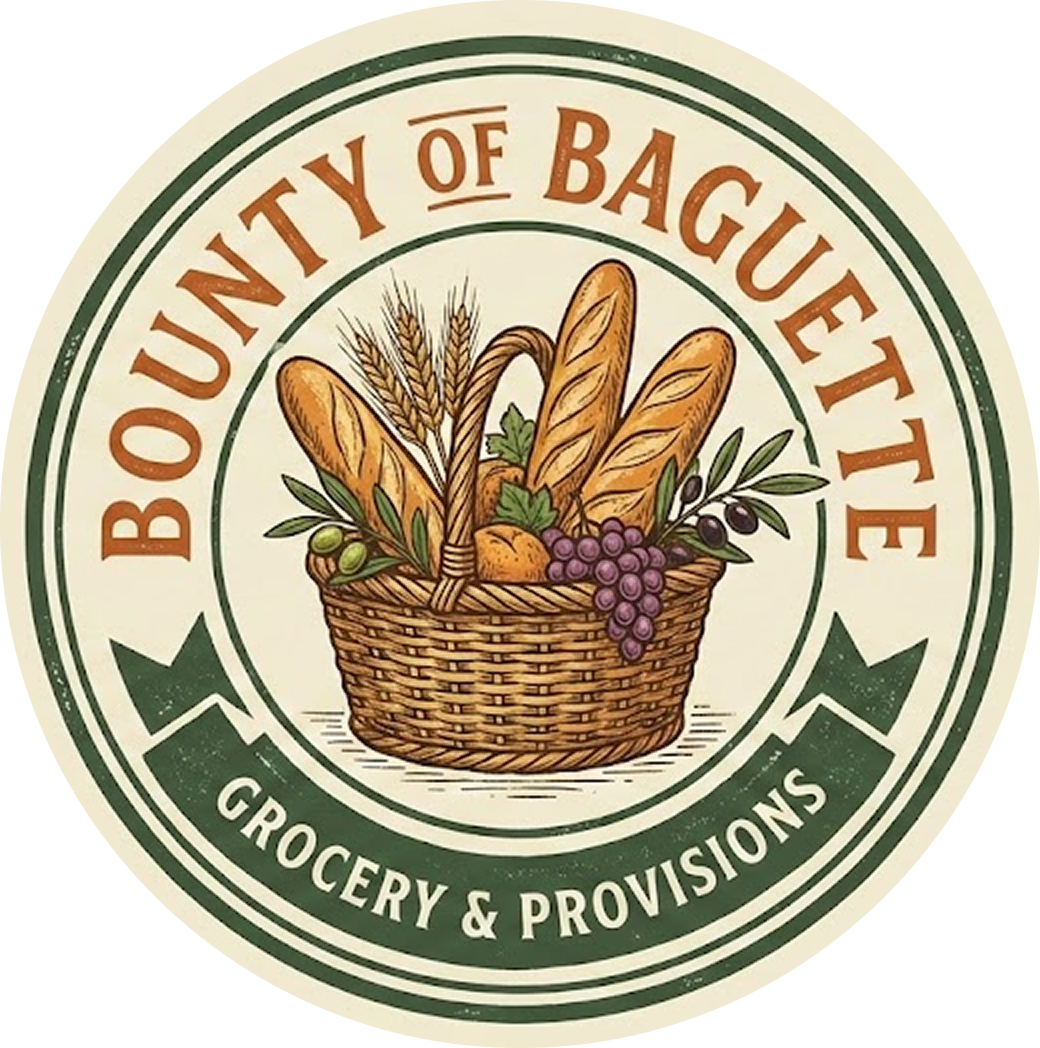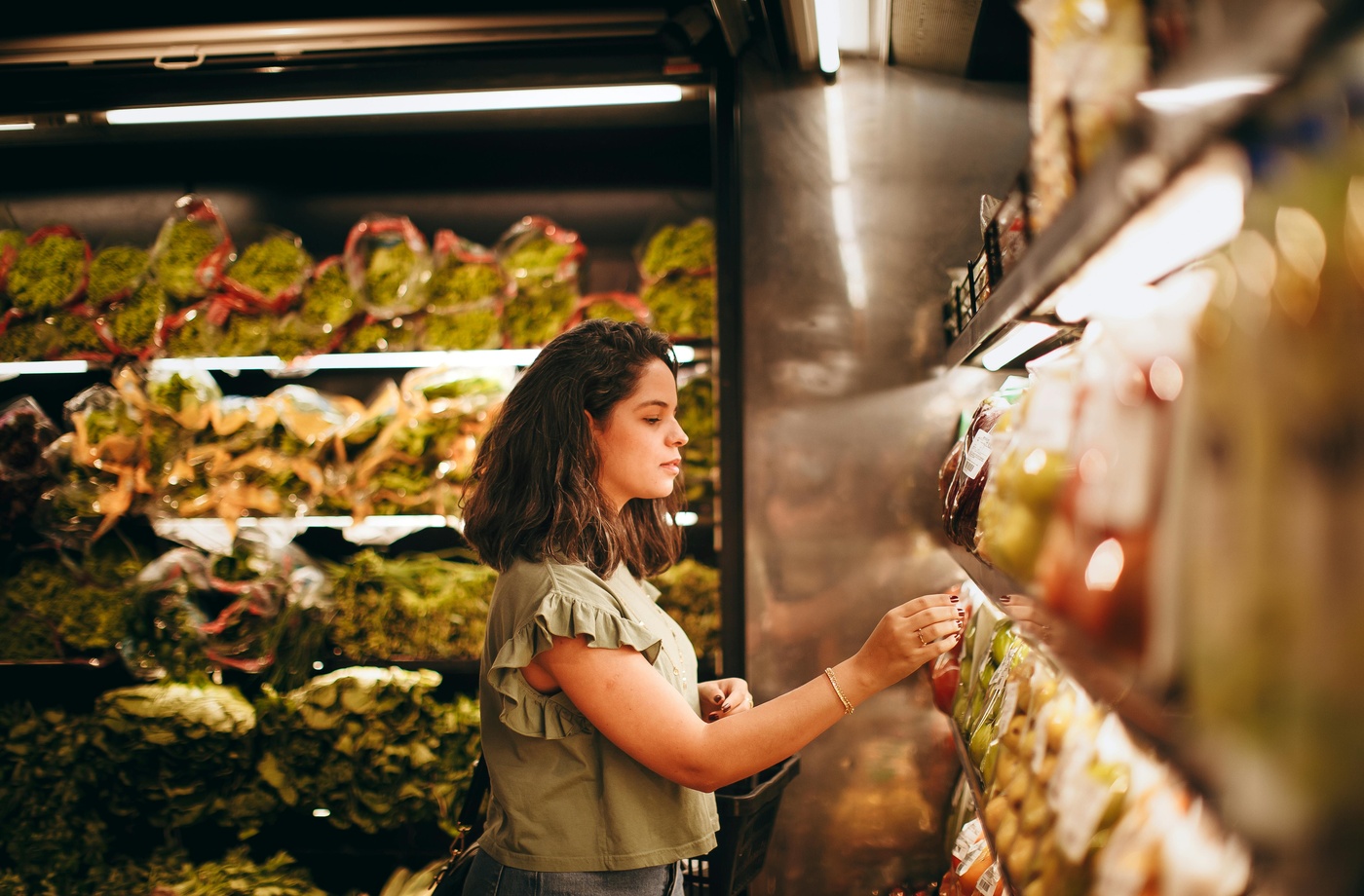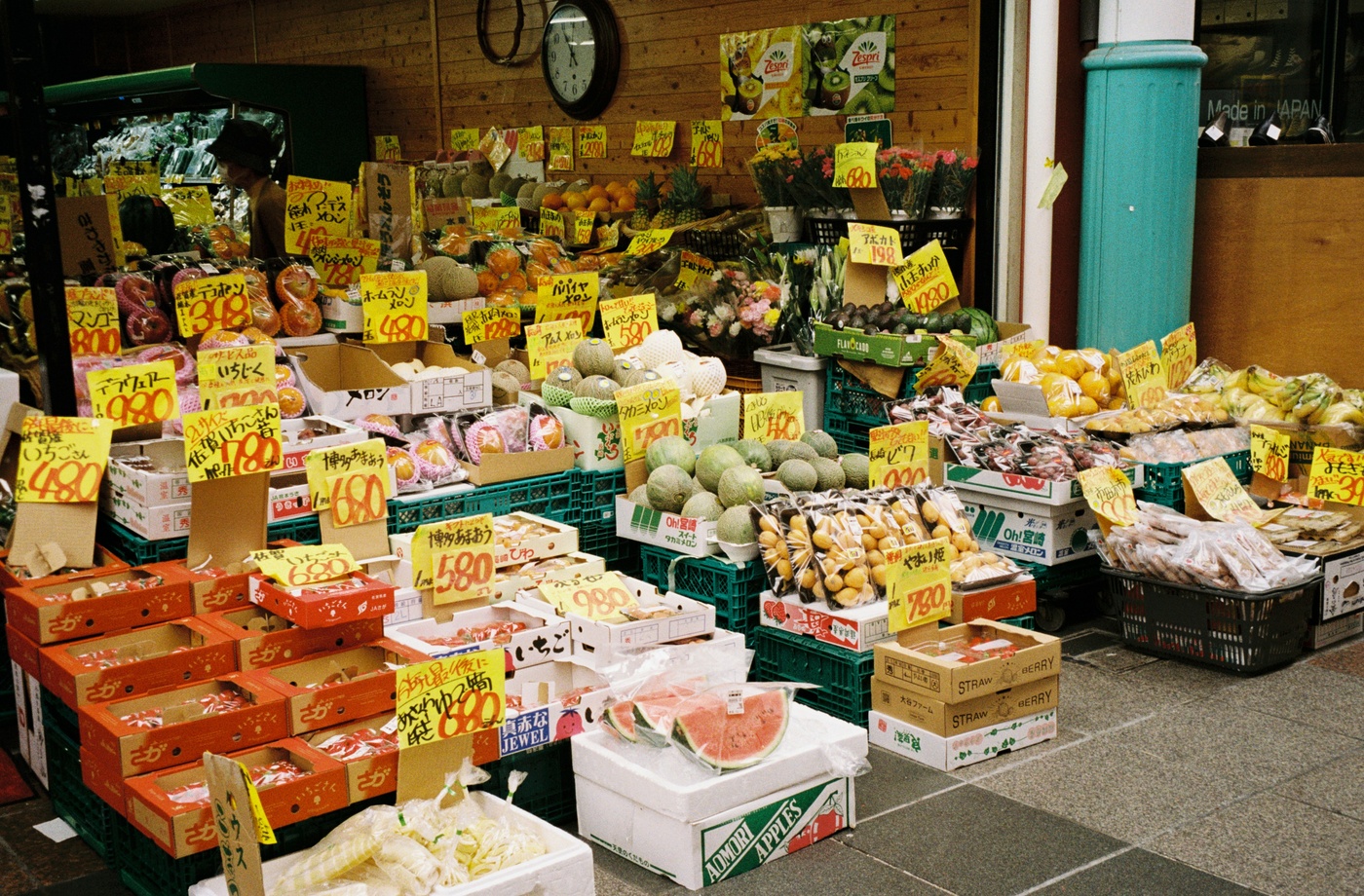Saving money on groceries isn’t just about clipping coupons or waiting for holiday sales. The most effective shoppers build habits that help them consistently spend less while still feeding their households well. Whether you’re trying to cut costs or just want to shop smarter, adopting a few of these behaviors can make a noticeable difference on your receipt.
Here are 10 proven habits that grocery store super savers swear by—and how to make them part of your routine.
- They shop with a list and a meal plan
Super savers never shop aimlessly. They base their grocery list on a weekly meal plan and stick to it, avoiding impulse buys and duplicate items. Apps like Mealime or Plan to Eat help streamline the process by generating organized lists from your chosen recipes. - They compare prices across stores
Savvy shoppers know that prices can vary significantly by location. Tools like Flipp and Basket make it easy to compare prices in real time and shop where the deals are. - They shop sales—but only when it fits the plan
Instead of being swayed by every sale tag, super savers use weekly ads strategically. They match sale items with what’s already on their list or what they know they’ll use before it expires. - They stock up on pantry staples when prices drop
When shelf-stable goods like rice, beans, canned vegetables, or pasta go on sale, super savers buy extras to avoid paying full price later. This also helps reduce the number of last-minute store runs. - They use digital rewards and cashback platforms
Apps like Ibotta, Rakuten, and Fluz help super savers stack savings on top of store discounts. For example, you can earn cashback with a Kroger gift card or save money at Walmart with gift card cashback, earning instant rewards on your regular purchases. - They don’t shop while hungry
It may sound simple, but shopping on an empty stomach leads to significantly more impulse purchases. A quick snack before heading to the store can help you stick to your list. - They know their store’s layout
Super savers avoid browsing aisles they don’t need to enter. By knowing exactly where to find their items, they shop faster and with fewer distractions. - They stick with store brands
Most generic brands are made by the same manufacturers as name brands and offer nearly identical quality. Store-brand products typically cost 15–30% less than their branded counterparts. - They shop seasonal produce
Produce that’s in season is cheaper, fresher, and often sourced more locally. For example, Seasonal Food Guide helps you find which fruits and vegetables are in peak supply near you. - They track spending
Whether using a simple notepad or a budgeting app like Goodbudget or EveryDollar, super savers know where their money goes. Tracking grocery spending reveals patterns and helps identify areas to improve.
Start building better shopping habits
Even incorporating just a few of these habits can help you save hundreds over the course of a year. Combine strategic planning with cashback tools like Fluz to maximize your rewards without changing your routine.
Download Fluz before your next trip to earn rewards at checkout using digital gift cards at major stores like Kroger, Safeway, Walmart, and more.




